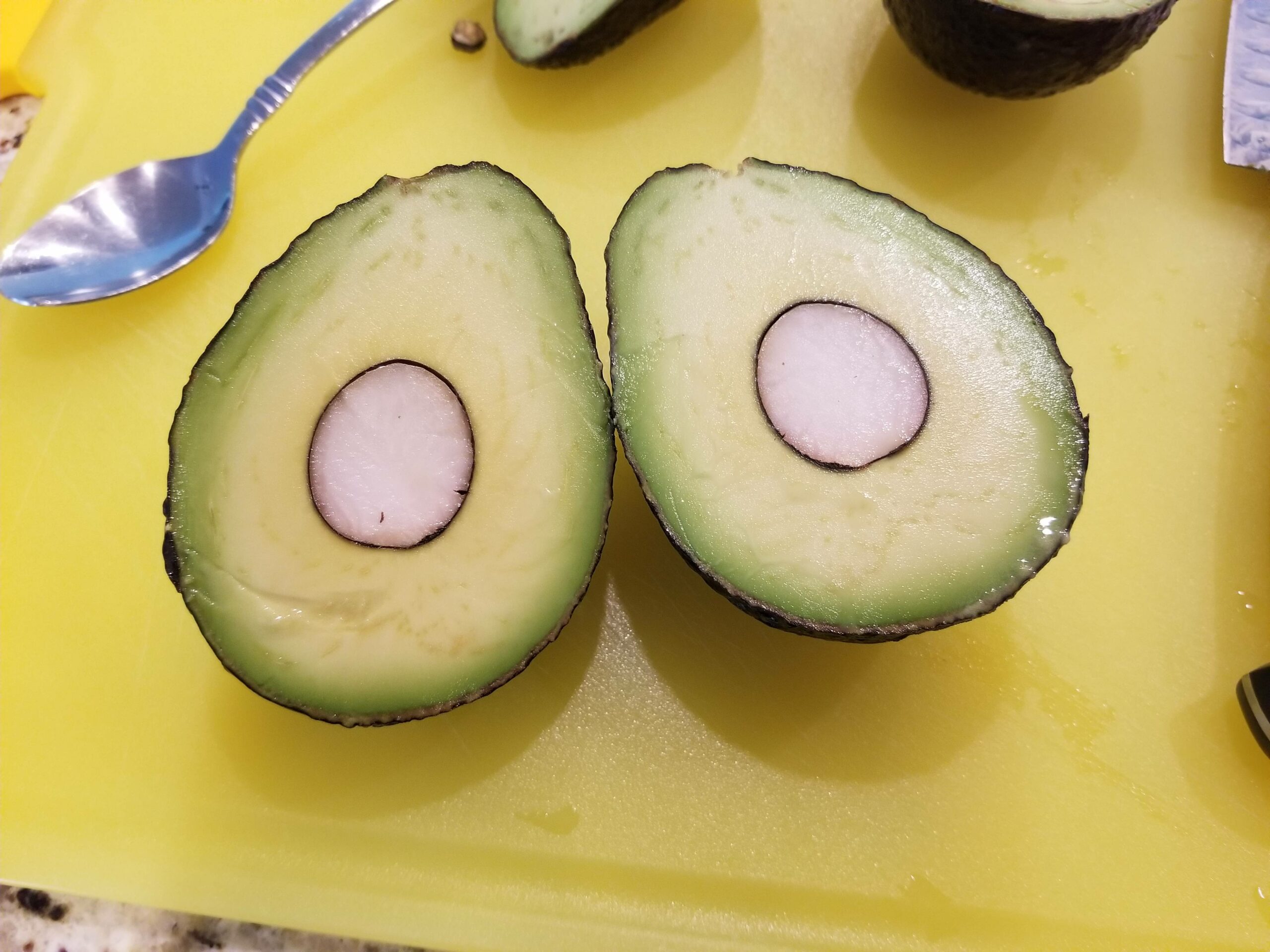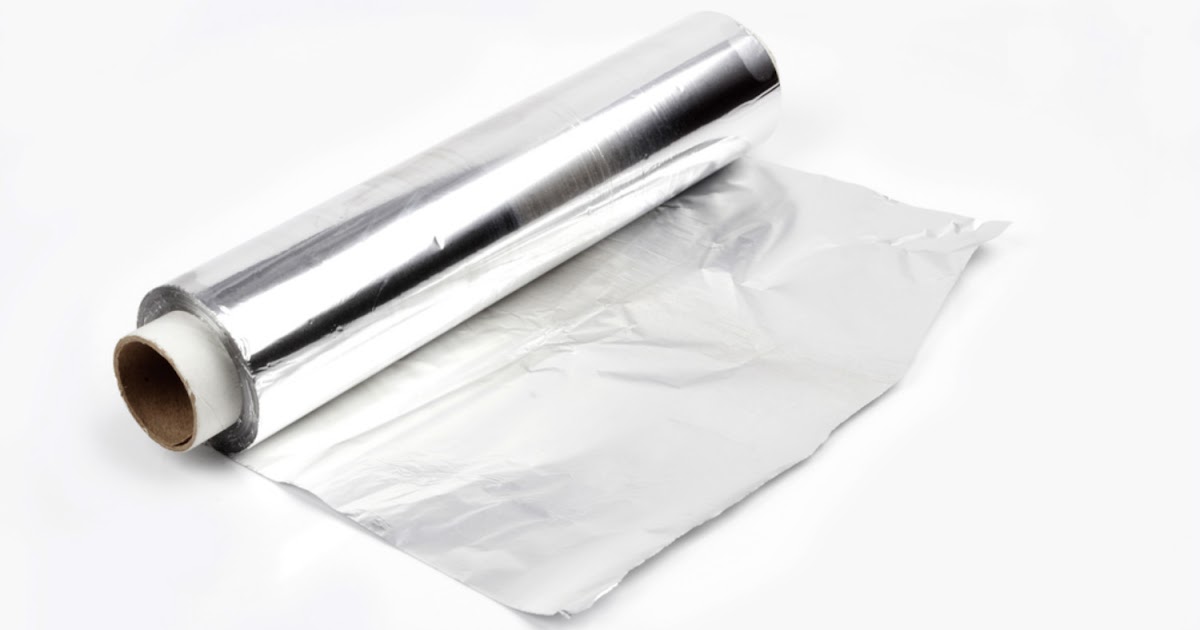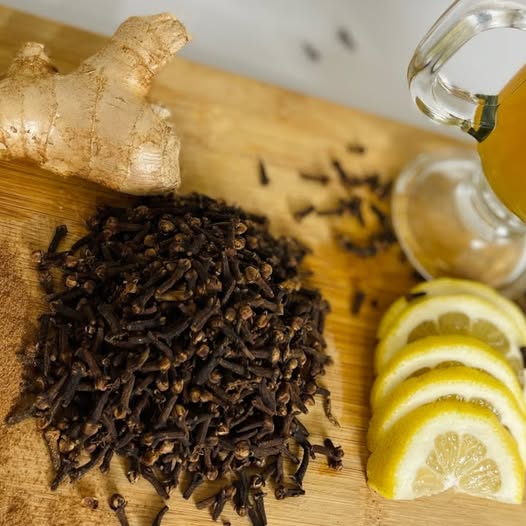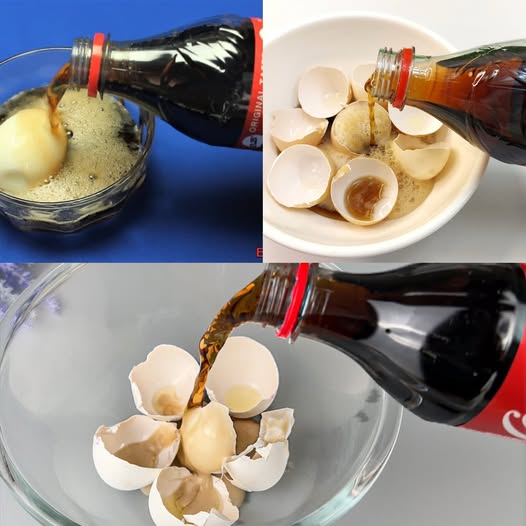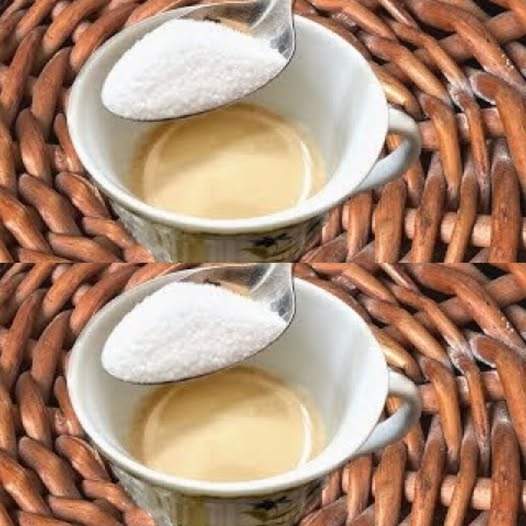
Eating an avocado pit is a topic of some debate, but it’s important to consider both the potential benefits and the risks. Here’s what you need to know:
Potential Benefits:
-
Nutrient Rich: Avocado pits are said to be rich in antioxidants. They contain a good amount of soluble fiber and have been touted for their potential health benefits, including reducing inflammation and helping to regulate blood sugar levels.
-
Environmental Impact: Utilizing the pit could reduce food waste, as it is a part of the fruit often discarded.
Risks and Concerns:
-
Hardness and Digestibility: The pit is very hard, and if ingested whole or in large pieces, it could potentially cause choking or digestive blockages. It should never be eaten whole.
-
Toxicity Debate: There is some debate about the potential toxicity of the avocado pit. While some sources claim it contains compounds that could be harmful if consumed in large quantities, there is limited research on this topic. The pits contain small amounts of persin, a fungicidal toxin; however, it is generally considered to be harmless to humans in the amounts that would be ingested from the pit.
-
Preparation for Consumption: If you decide to consume the pit, it should be prepared properly. Typically, it would be dried and ground into a powder before being added to smoothies or other dishes. This helps to mitigate the risk of choking and aids in digestion.
Conclusion: If you are considering adding avocado pit to your diet, it’s essential to do so cautiously and in moderation. Given the hardness of the pit, it should be ground into powder form to prevent any risks associated with its consumption. Moreover, as with any dietary change, it’s a good idea to consult with a healthcare provider, especially if you have underlying health conditions or concerns about the potential effects of new foods on your health.
For most people, the flesh of the avocado remains the best way to enjoy this nutrient-rich fruit, while the pit can be used for other non-dietary uses like growing an avocado plant or as a natural exfoliant in beauty recipes.
